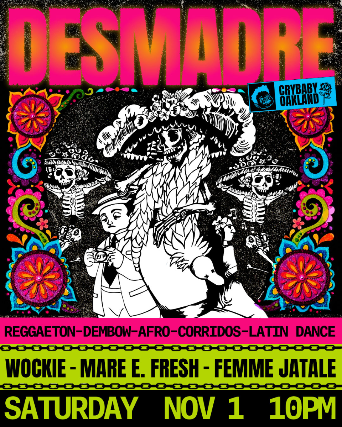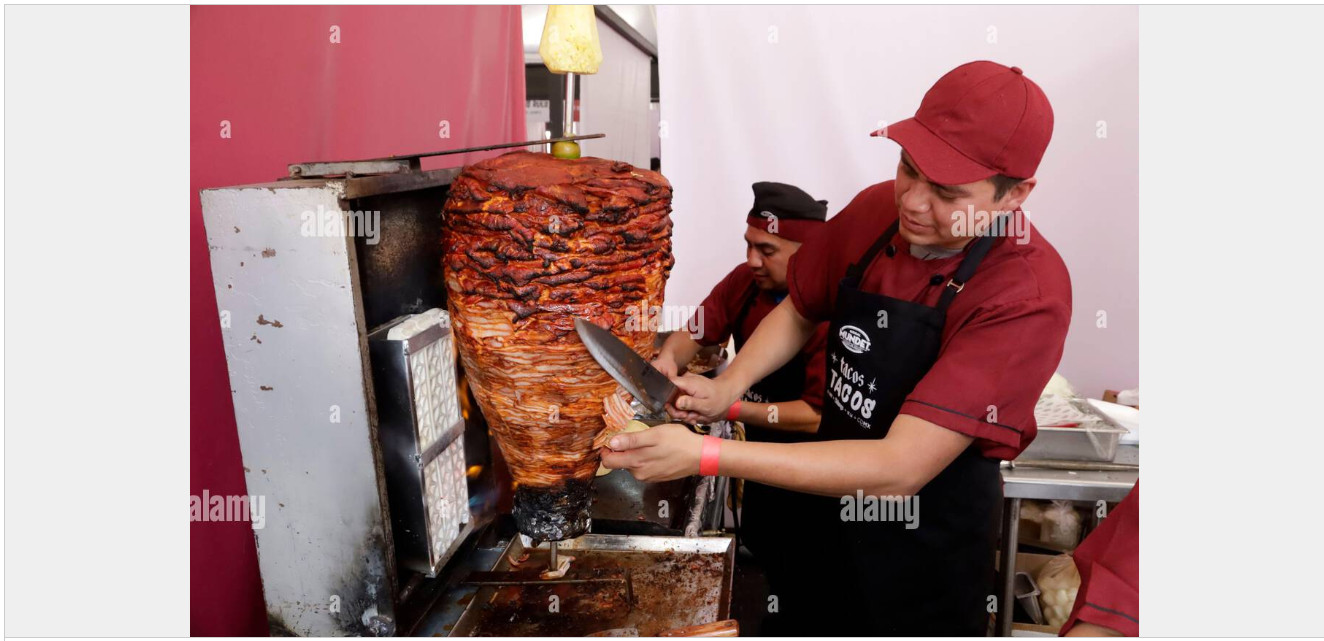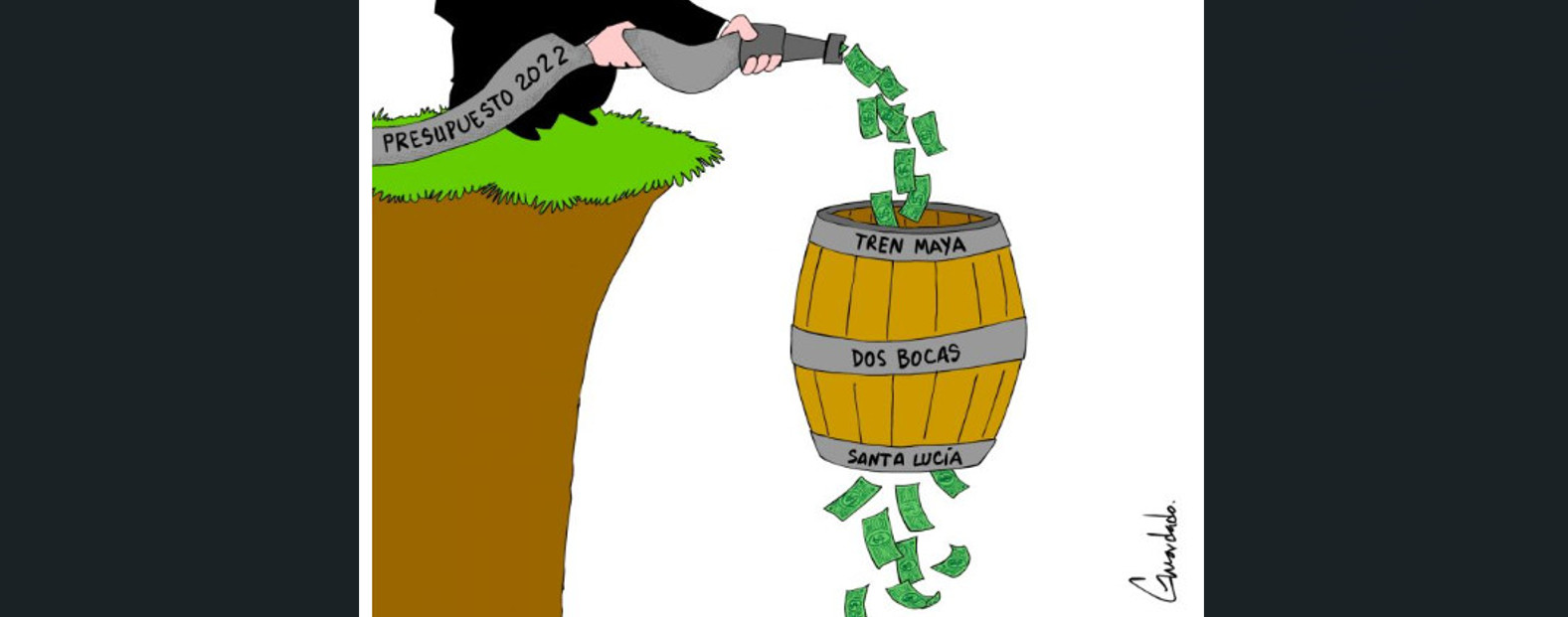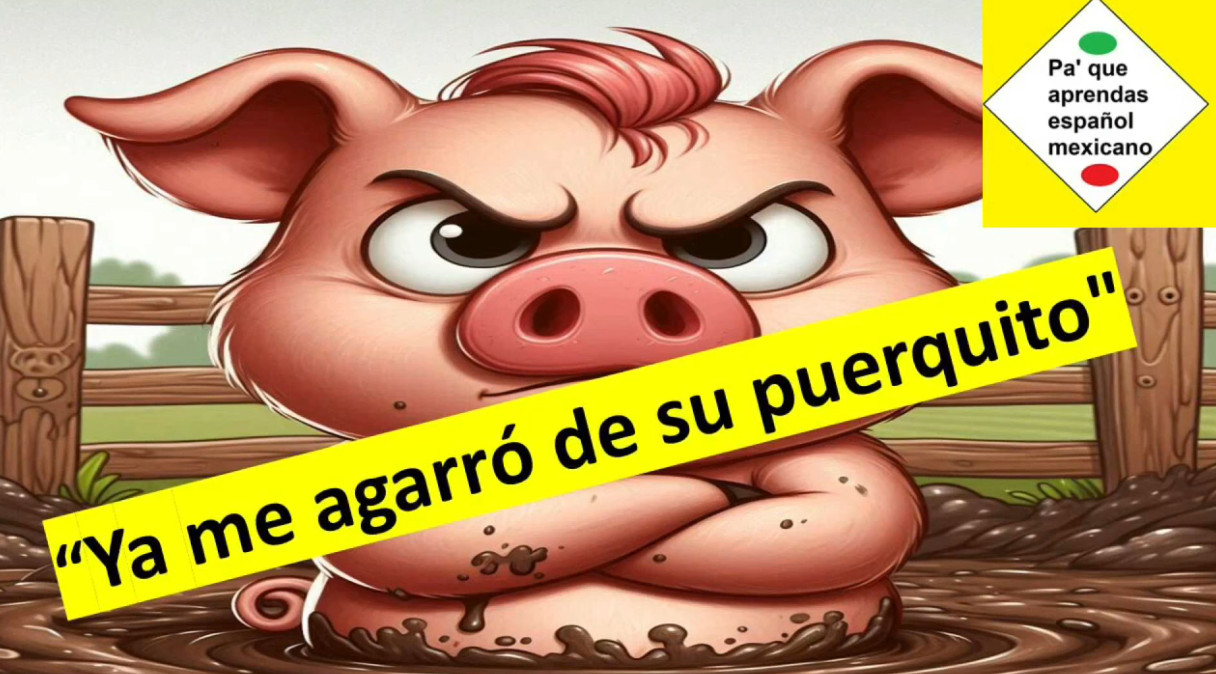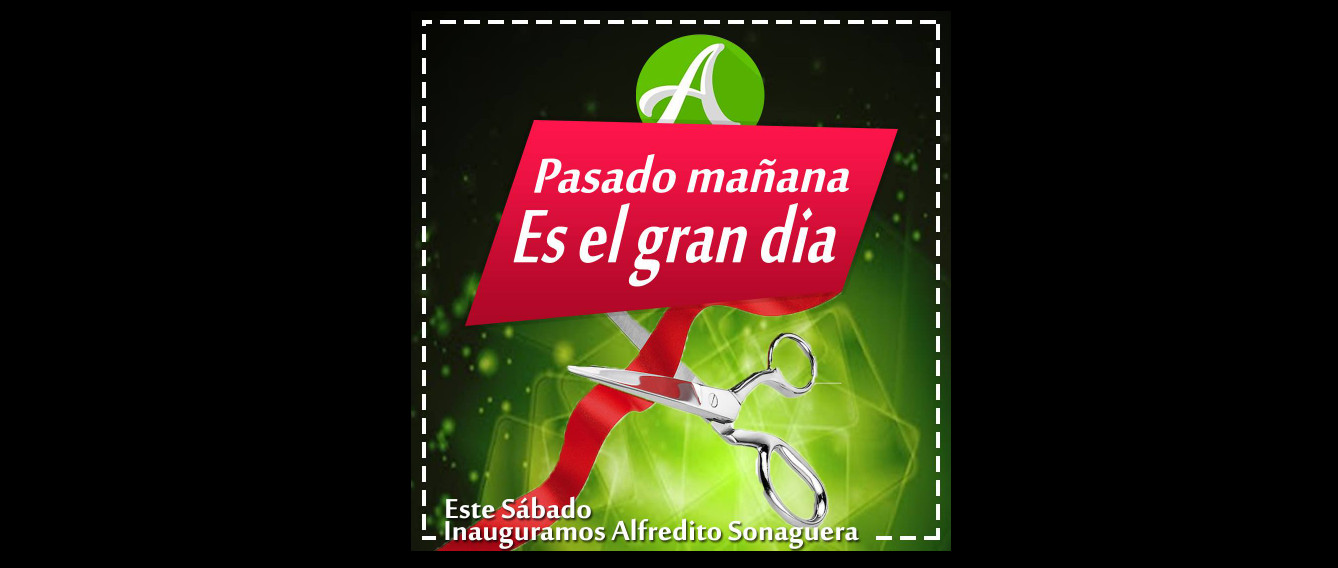10 Expressions That Are Not Easy to Figure Out. Desmadre
The Spanish you hear on TV in the US is full of expressions that sound confusing for students because their literal meaning has little to do with the real intention. Sometimes these are very colorful, sometimes strong, sometimes playful. They are used every day, and even though they look difficult, once you know them, they […] More


